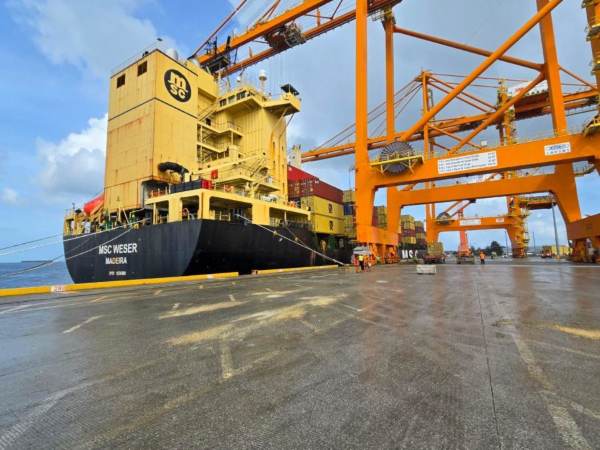Trade and Supply Chain Finance Supports 10 Per Cent of Honduras's Goods Trade
By Bufete Mejia & Asociados

A joint publication launched by the World Trade Organization (WTO) and the International Finance Corporation (IFC) is placing a spotlight on the untapped trade potential in Honduras and its regional neighbors. Released on April 29 in Mexico City by WTO Deputy Director-General Johanna Hill and IFC Global Director Nathalie Louat, the report, “Trade Finance in Central America and Mexico”, emphasizes how access to trade and supply chain finance (TSCF) is critical for fostering economic growth, especially in developing economies such as Honduras.
The report shows that trade finance currently supports only 10% of Honduras’s goods trade, a modest figure when compared to the more than 60% coverage seen in advanced economies. This limited access poses a major barrier to trade expansion, particularly for micro, small and medium-sized enterprises (MSMEs) and women-owned businesses, who often face the greatest obstacles in securing financing.
Importantly, the report offers a promising projection: doubling trade finance coverage and aligning financing costs with global standards could increase Honduras’s exports and imports by up to 8.9%. For a country seeking to deepen its integration into international markets and stimulate inclusive economic development, this figure signals a substantial opportunity.
Despite its strategic location and growing interest in export-oriented industries, Honduras remains underserved in trade finance. The market for TSCF is currently concentrated, with too few banks directing resources to a limited pool of large, well-established traders — leaving smaller firms with few options to manage trade risks or secure working capital.
“This is a critical issue for Honduras,” said DDG Johanna Hill at the launch event. “Inadequate access to trade finance acts like a hidden trade barrier, shutting out firms from global markets and limiting economic opportunity.”
The WTO-IFC report highlights the broader structural gap in global trade finance. According to the Asian Development Bank, the global trade finance shortfall reached USD 2.5 trillion in 2023, with developing countries bearing the brunt. In Central America, and particularly in Honduras, this gap has a direct impact on job creation, economic diversification, and regional competitiveness.
The report also emphasizes the importance of regulatory harmonization, digital innovation, improved risk assessment practices, and targeted support for small businesses as key to strengthening trade finance ecosystems. Development banks and multilateral institutions are urged to continue offering capacity building, liquidity support, and risk-sharing mechanisms to bridge persistent financing gaps.
